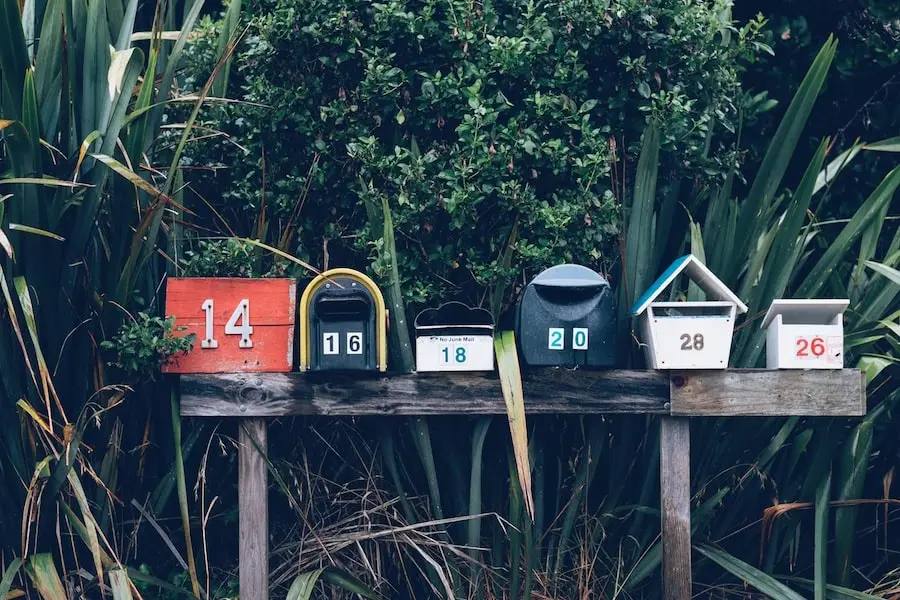Business going slow? Not to worry! Because Slow is the new Fast. Yes, really. Especially in this crazy economy, where big companies are going down and start-ups popping up at every corner, Slow Business might be the exact thing that saves you. Keep your wits, don’t panic, and keep working. Slow is good – if you do it right.
Slow Food and the Slow Movement
Ever heard of the Slow movement? No? Then let me explain it to you: It all started in 1986 with the idea of Slow Food as an alternative to fast food, encouraging regional traditional cuisine cooked from scratch with locally and often organically grown ingredients. Not mindless mass-production, but food created with care and love. And guess what: Slowly but steadily, Slow Food has grown into a full-blown international trend that even affected McDonalds**.** Today, the King of Fast Food uses high-quality and locally sourced food - at least according to his own campaigns. Why is Slow Food so successful? Keep on reading.
Be efficient – be Slow!
Basically, Slow Food just makes more sense. Slow Food is healthier, higher quality, supports local economies and is better for the environment. The backside of this? Production costs are higher. More manual labor is required. And, yes, it all takes more time. Duh. That’s why it’s called Slow. Doesn’t sound very efficient, does it? To most of us, efficiency is the quality of a product minus the time spent producing it. The less time we spend on a process, the more efficient it is. But according to the Merriam-Webster dictionary, one of the biggest authorities in the world of words, we have it all wrong. In fact, efficiency is not defined as much by speed but by waste: Efficiency is the „ability to do something or produce something without wasting materials, time, or energy“.
This makes Slow Food extremely efficient. No mass-production means no waste of materials. The time spent producing highest quality food surely is not wasted; neither is the energy of humans and natural resources alike. Using locally grown products might actually be saving energy and reducing the carbon-footprint.Ok, you might say. Sounds all good. But I’m not producing artisanal food. I’m running a business!
The Benefits of Slow Business
Business means being busy. I get that. And time is money. I get that, too. Deliberately going Slow seems like a very bad choice to make if you’re running a business. Slow decision making might even be a huge risk to your business, as a Forbes Contributor pointed out recently. If successful businesses are measured by the cash they are making today, this might be right. But creating a business to make cash fast is a very risky undertaking anyway.
Slow Business does not mean to spend more time on each task. Instead, Slow Business means creating sustainability. Slow Business means deliberation. Slow Business means not wasting anything – not time, not resources, not money. That’s why Slow Business means efficient business. To go Slow, ask yourself: what am I wasting right now? How can I change that?
Don’t Waste Time!
Wasting time is probably the number one issue for most of us. What do you think is your biggest time-waster? Is it unproductive meetings, reading hundreds of e-mails every day or spending time fixing errors? Identify your time-wasters and eliminate them. Using a good time-tracker will help you do that. Maybe you should change your e-mail policy. Find strategies to make meetings more productive.
When your Number One time-waster is fixing the errors you (or someone else in your team) made, it definitely is time to go Slow. Take more breaks, take on less jobs or outsource some of the work. You should be able to work in a way you won’t have any errors to fix. This will all take time, I know – and it might actually slow you down. But only for a bit. After that, you won’t be wasting your time anymore.
Don’t Waste Energy!
Energy is not an endless resource. No, I am not speaking of fossil fuels and carbon footprints here. I am speaking of your personal energy. The one that keeps you going. The one that makes you create, finish and manage things. The one that makes you feel good and strong about what you’re doing. You know, the thing that’s missing when you need to do stuff you don’t like. Like accounting. Or sending out invoices. Or whatever it is that’s wasting your energy. The energy-wasters might appear similar to the time-wasters: unproductive meetings, reading all the e-mail you don’t want to, fixing errors. But sometimes, fixing errors or discussing the same thing over and over with your team is part of the game. Sometimes, being unproductive is the only way that leads to the goal. Sometimes, being unproductive is the way to creativity.
Embrace Being Unproductive!
To go really, really Slow, you need to embrace those unproductive moments that seem like energy-wasters, but in fact are the exact opposite. Fruitful unproductivity is a big part of the appeal of the Slow movement.
An organic farmer spends a lot of energy manually fighting pests that might kill his produce, even though he could kill them with a few chemicals within minutes. He wastes his own personal energy out of conviction until it becomes no actual waste anymore: He knows this is the only path to achieve the quality he wants to.
So the next time you’re discussing the same thing over and over again with your team, relax and take it as inevitable part of a process that leads to a higher quality. Learn to discern the real energy wasters from superficial ones. Outsource the accounting, for example, but embrace the rest.
Slow and steady wins the race. This was true for the tortoise and the hare – and it is true for many businesses today. Slowness is not a bad thing, even if it seems that everyone around you does a million more things in less time.
Embrace the Slowness and make it work for you!
zistemo






